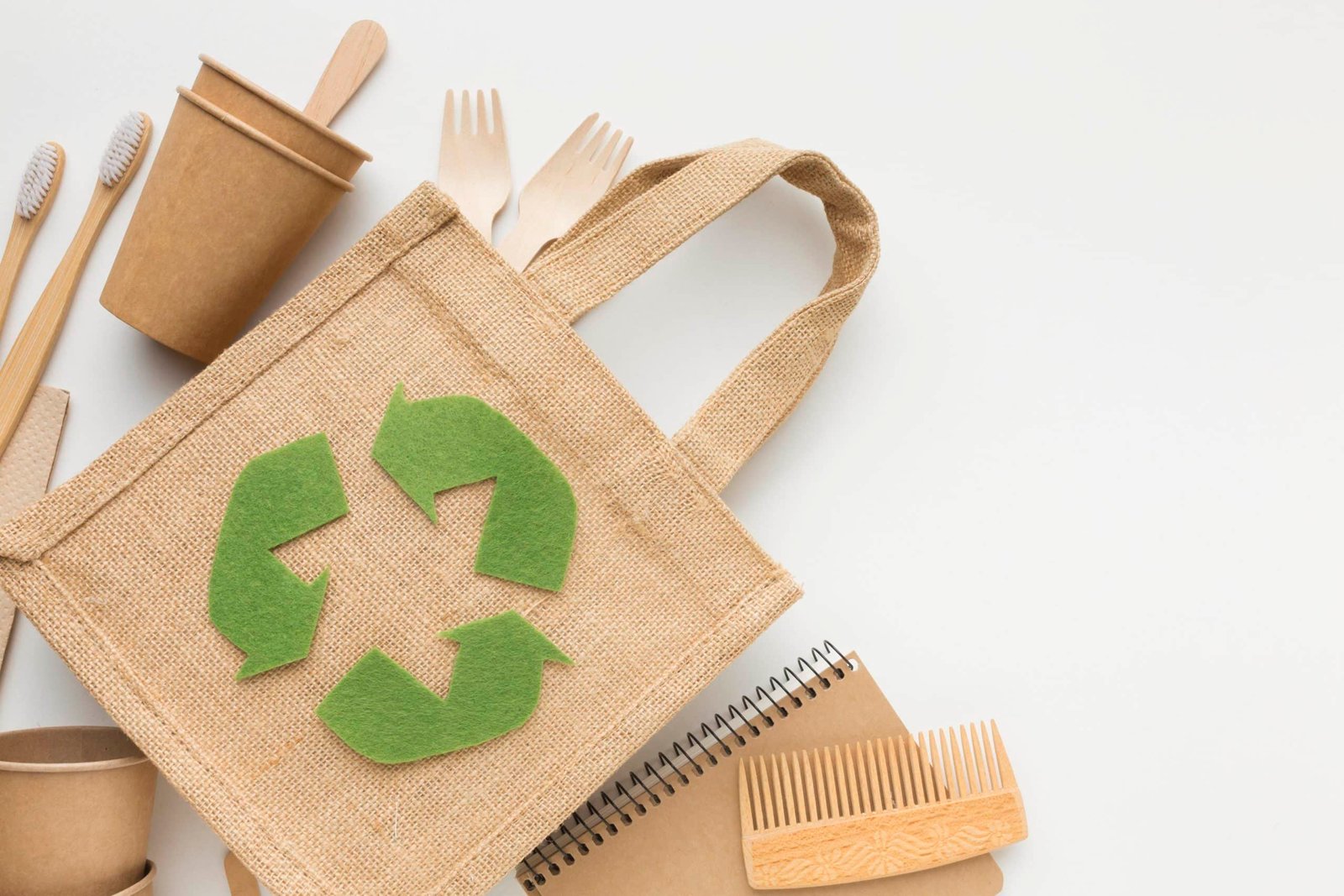As awareness of environmental issues rises, many consumers seek sustainable and eco-friendly alternatives in their purchases. Bags, in particular, play a significant role in reducing plastic waste. This guide explores different types of sustainable bags, materials, and tips for choosing eco-friendly options.
1. Types of Eco-Friendly Bags
Reusable Shopping Bags
Reusable shopping bags are a practical and sustainable choice. Made from materials like cotton, jute, or recycled plastic, these bags are durable and can be used repeatedly. Look for bags that fold up easily, making them convenient to carry.
Tote Bags
Tote bags are versatile and stylish. They often come in organic cotton or hemp, providing a sustainable option for everyday use. Plus, many brands now offer tote bags made from recycled materials, which further reduces environmental impact.
Backpacks
Eco-friendly backpacks combine style and functionality. Many are crafted from recycled materials or sustainable fabrics like organic cotton. These bags are perfect for school, work, or outdoor adventures while minimizing your carbon footprint.
Handbags
Sustainable handbags can elevate your style without harming the environment. Look for brands that use ethically sourced materials and eco-friendly production processes. Vegan leather options are also available, providing a cruelty-free alternative.
2. Materials to Look For
Organic Cotton
Organic cotton is grown without harmful pesticides or fertilizers. This material is biodegradable and reduces environmental impact. When shopping, check for certification labels to ensure authenticity.
Recycled Materials
Bags made from recycled materials, such as plastic bottles or old fabrics, help reduce waste. These materials are transformed into new products, promoting a circular economy.
Jute and Hemp
Jute and hemp are strong, biodegradable fibers. They require minimal water and chemicals to grow, making them eco-friendly choices for bags. Plus, they add a natural aesthetic to your accessories.
Vegan Leather
Vegan leather substitutes traditional animal leather with materials like polyurethane or cork. These options are often more sustainable, as they do not contribute to animal agriculture’s environmental impact.

3. Tips for Choosing Sustainable Bags
Research Brands
Before making a purchase, research the brand’s commitment to sustainability. Look for information about their materials, manufacturing processes, and ethical practices.
Check Certifications
Certifications like Global Organic Textile Standard (GOTS) or Fair Trade indicate a brand’s dedication to sustainable practices. These labels provide assurance that the products meet specific environmental and social criteria.
Prioritize Quality
Invest in high-quality bags that will last longer. Durable bags reduce the need for frequent replacements, minimizing waste in the long run.
Consider Versatility
Choose bags that can serve multiple purposes. A versatile bag reduces the need for additional purchases, making it a more sustainable choice.
4. Conclusion
In summary, choosing sustainable and eco-friendly bags benefits the environment and promotes a more responsible lifestyle. By opting for reusable shopping bags, tote bags, backpacks, and handbags made from organic or recycled materials, you can make a positive impact. Remember to research brands, check certifications, prioritize quality, and consider versatility when selecting your next bag.




